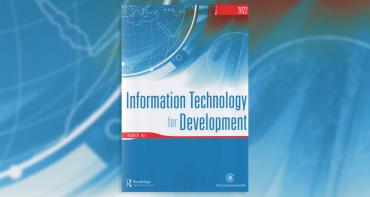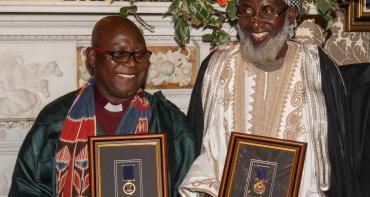African states need to commit to investing more in public health if they are to achieve their goal of universal health coverage.

African states need to commit to investing more in public health if they are to achieve their goal of universal health coverage.
This was one of the central messages from the draft Commonwealth Secretariat report presented to health ministers at the Southern African Development Community (SADC) earlier this month.
The publication, ‘Universal Health Coverage Funding Mechanisms: SADC experience and lessons’ focuses on the ways in which SADC member states, 11 of which are Commonwealth countries, can finance universal health coverage in order to achieve this goal.
The Secretariat has been invited to work with the SADC Secretariat to strengthen the region’s progress towards universal health coverage and its sustainable financing.
Dr Mbololwa Mbikusita-Lewanika, Adviser in the Secretariat’s Health Section, said, “All countries can make progress towards universal health coverage whatever their current situation or financing arrangements.
“However, there needs to be greater political commitment and public health financing to ensure African member states achieve this goal.
“Research shows that the funding of health services to meet the needs of all people can accelerate development and help enable every individual to reach their potential.
“Despite costing more to national governments in the short-term, the costs to societies overall are often less and universal health coverage pays back its initial debt to national economic growth in multiples.”
Estimates suggest that between 2015 and 2035, the economic benefits of investment and achieving health outcomes would, depending on the income level of the country, outweigh the costs by a factor of nine to twenty, over the course of 20 years. An investment of US$86 per capita has been suggested for low-income countries.
The Secretariat’s findings recommended a shift to models that are primarily reliant on public funding, which would also entail improved financial management to utilise all available resources as efficiently as possible.
The paper shared at the SADC meeting is part of the Commonwealth-wide study undertaken by the Health Section to review and analyse the effectiveness of universal health coverage funding models across the 52 member countries.
At the end of the meeting, ministers and other delegates took time to observe the SADC Malaria Day and to take part in indoor residual spraying, which is a primary way of disrupting malaria transmission.



